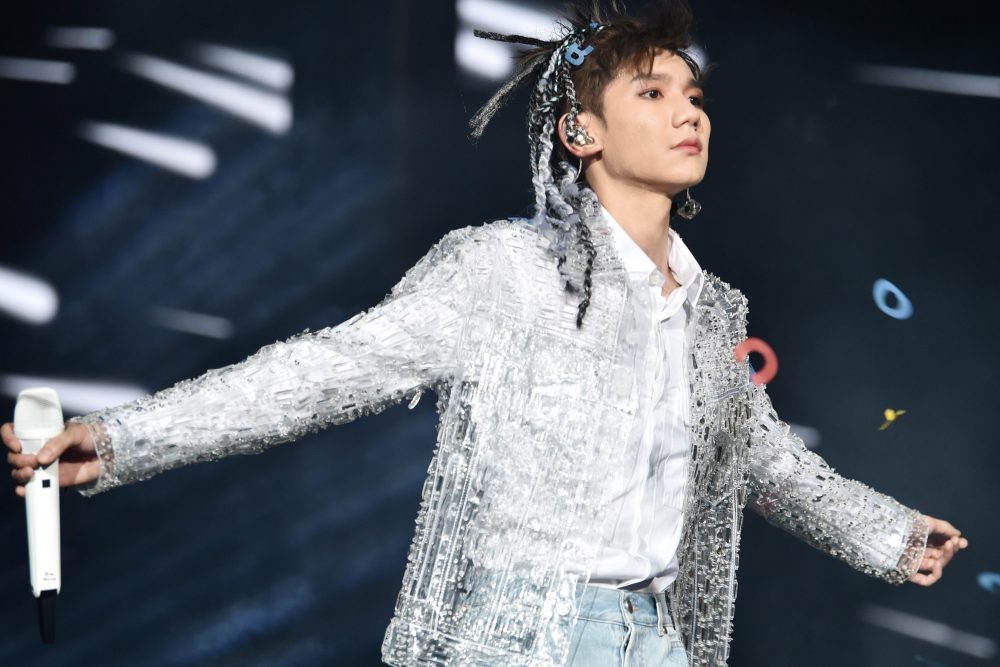Macho, macho man.

China wants to be a country of macho men, and it’s trying to make that happen by banning “sissy” boybands and “effeminate” males from all media in the nation.
Broadcasters must “resolutely put an end to sissy men and other abnormal esthetics,” the National Radio and TV Administration wrote in a new set of rules released Thursday. It also used the term “niang pao,” an insult for effeminate men that means “girlie guns.”
The new rules call for broadcasters to enforce a “correct beauty standard” and to boycott “vulgar” internet celebrities and celebrations of wealth, while promoting “traditional Chinese culture, revolutionary culture and socialist culture.” They also ban all “idol audition shows” and recommend blacklisting anyone who has broken the law or offended public morals.
Additionally, the rules say that broadcasters should avoid airing anything that is “overly entertaining.”

Get daily National news
The Chinese Communist Party’s propaganda department announced the new media masculinity rules on Thursday, in its latest effort to police morality through censorship.
President Xi Jinping has essentially pledged to Make China Great Again with a “national rejuvenation,” which he is trying to pull off through strict control of all business, education, culture and religion in the country.
The CCP has racked up a long list of censorship and human rights abuses in recent years, from the persecution of ethnic Uighurs in Xinjiang, to the complete denial of the 1989 massacre at Tiananmen Square, to new rules that ban certain karaoke songs or limit children from playing more than three hours of online video games a week.
Even Winnie the Pooh has been banned, after the character was once used to mock Xi.
China has also targeted its own celebrities who it deems to have stepped out of line. Actors Fan Bingbing and Zheng Shuang have been handed steep fines in the past, and the wildly popular actor Zhao Wei was recently erased from all Chinese media without explanation. Actor Zhang Zhehan was also wiped off the Chinese internet after photos surfaced of him at a controversial shrine for Japanese soldiers.
The new media rules could have a major impact beyond China’s borders, particularly in Hollywood, where studios in the past have kowtowed to Chinese demands in order to show their films in the lucrative market.
Tech companies are also facing pressure under the propaganda department’s new rules, as they are being held responsible for enforcement.
Weibo, China’s version of Twitter, suspended thousands of entertainment news and fan club accounts over the weekend amid the broader crackdown.
It’s unclear how the rules will impact the LGBTQ2 community within China, or how they might affect foreign athletes when they go to Beijing for the 2022 Winter Olympics next February.
— With files from The Associated Press








Comments
Want to discuss? Please read our Commenting Policy first.